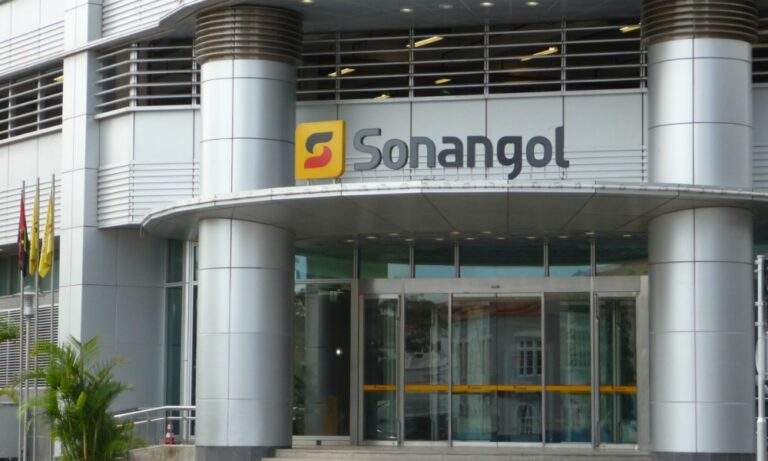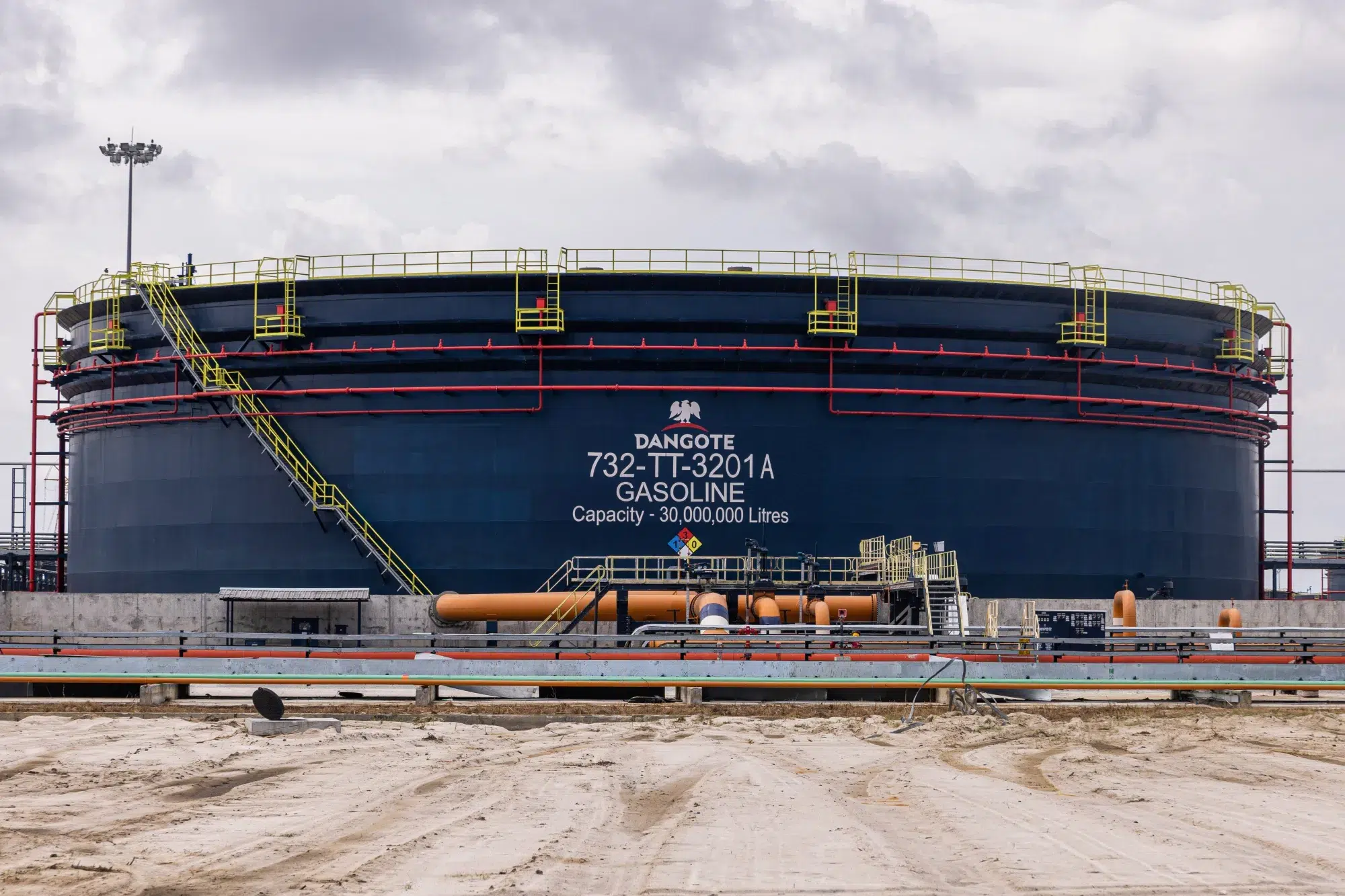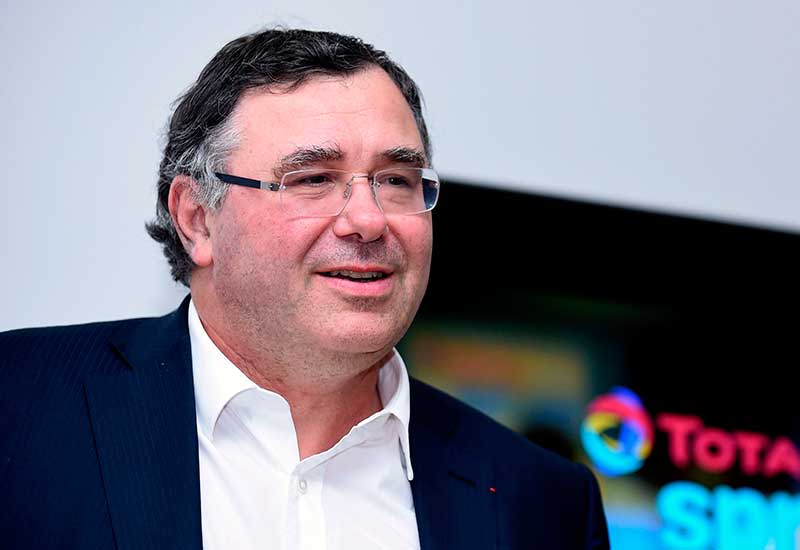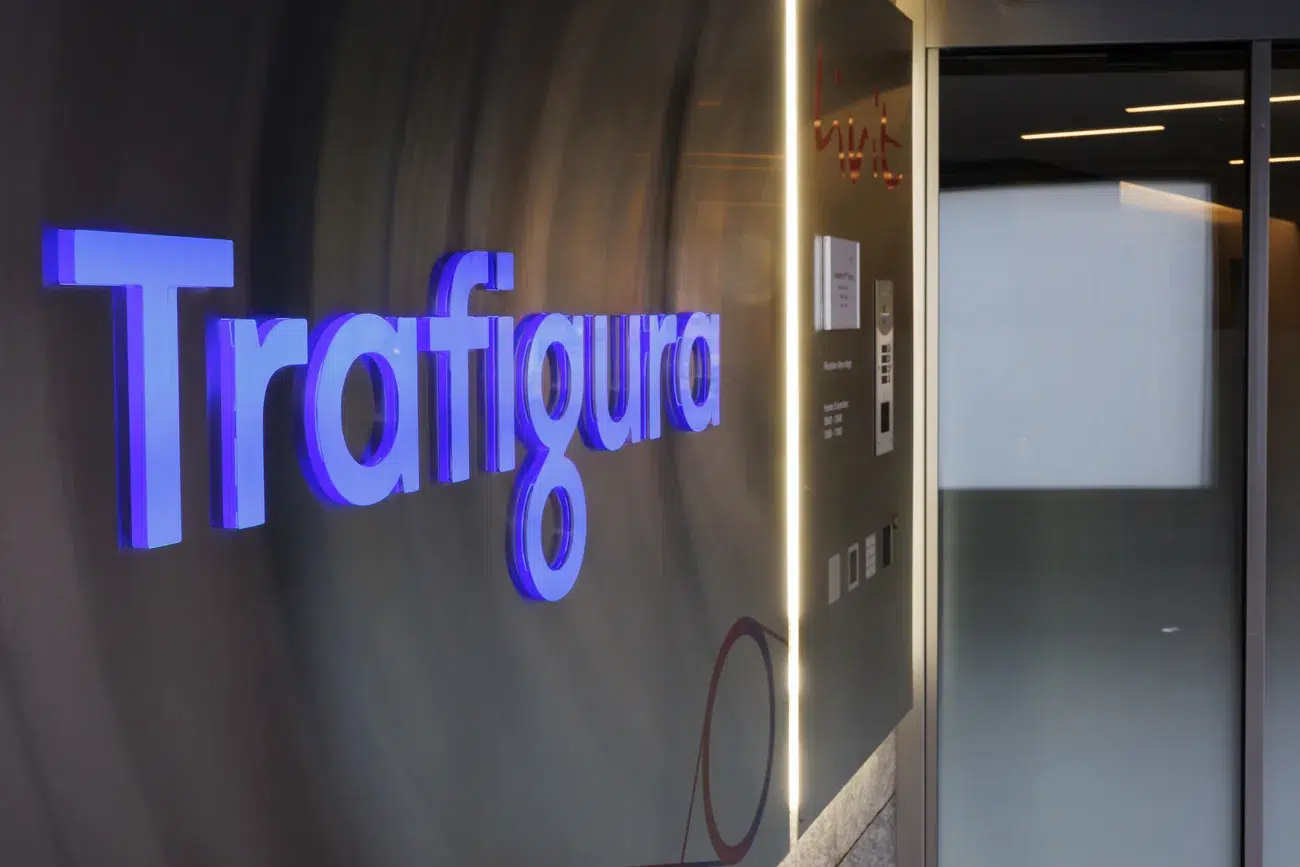Angola’s state oil company, Sonangol, has announced that only 30% of its shares will be listed on the stock market as part of a gradual privatisation plan designed to attract foreign investors and improve transparency in the country’s petroleum sector.
The government made this disclosure in a statement on Monday, adding that the sale would take place within the next 24 months.
The proposed Initial Public Offering (IPO) of the state-owned oil firm is part of the ongoing reforms under President João Lourenço’s to diversify Angola’s oil dependent economy.
The move marks a significant milestone for the company, which has operated as a fully state owned enterprise since its creation in 1976.
A statement from Sonangol’s management explained that the government would retain 70% ownership while the remaining 30% would be opened to both domestic and international investors.
“The planned listing reflects our commitment to reposition Sonangol as a modern, transparent, and competitive energy company,” the statement noted.
The company added that preparations for the IPO were already underway, including internal restructuring and compliance reviews. “
We are working closely with regulators to ensure that the process is handled transparently and delivers real value for the Angolan people,” Sonangol’s spokesperson explained.
Government reform and global context
Since assuming office in 2017, President Lourenço has made restructuring Sonangol a cornerstone of his reform agenda.
His administration has directed the company to divest non core assets, reduce debt, and concentrate on exploration, production, and refining.
Government officials explained that the IPO is part of wider efforts to modernise Sonangol’s management and reduce political interference.
By introducing market participation, the administration seeks to embed stronger governance practices and ensure that the company is guided by commercial principles rather than political interests.
Sonangol has historically served as Angola’s financial backbone, managing billions of dollars in oil revenue while financing major infrastructure and social projects.
This central role often blurred the line between commercial and governmental functions.
The forthcoming listing is expected to clarify that boundary and establish Sonangol as a self sustaining commercial entity.
A senior official at the Ministry of Economy explained that the partial sale represents more than a financial transaction.
“This process is about creating a stronger and more accountable Sonangol one that can attract global capital and meet international reporting standards,” the official stated.
Listing a minority stake is also seen as a symbol of Angola’s commitment to economic reform.
By exposing the company to shareholder expectations and independent oversight, the government aims to enhance efficiency and rebuild investor confidence.
Privatisation and investor expectations
Sonangol’s partial sale forms part of a wider privatisation drive that has already led to the sale of more than 100 state owned assets since 2019.
The country’s privatisation agency, IGAPE, has described the IPO as the “flagship” project under PROPRIV, designed to stimulate investment and signal a new era of openness.
Officials said that lessons are being drawn from similar experiences in countries such as Brazil and Norway, where Petrobras and Equinor successfully opened their shareholdings to the public while maintaining state control.
Angola aims to adopt a comparable model that preserves ownership of strategic assets while leveraging private capital for growth.
Sonangol currently produces about 1 million barrels per day (bpd), down from a peak of 1.8 million bpd in 2008.
The company expects proceeds from the IPO to fund new exploration and refinery upgrades aimed at reversing declining output.
Part of the revenue is also expected to support the company’s gradual transition toward cleaner energy projects.
The domestic phase of the listing will be managed by the Angola Stock Exchange (BODIVA), with the possibility of extending to international markets once Sonangol meets global disclosure requirements. Authorities have pledged that Angolan citizens and institutions will be allowed to participate in the share purchase.
In a separate statement, Angola’s Ministry of Finance described the IPO as a “strategic step to integrate Sonangol into global financial markets” and to show that the government remains committed to reform.









